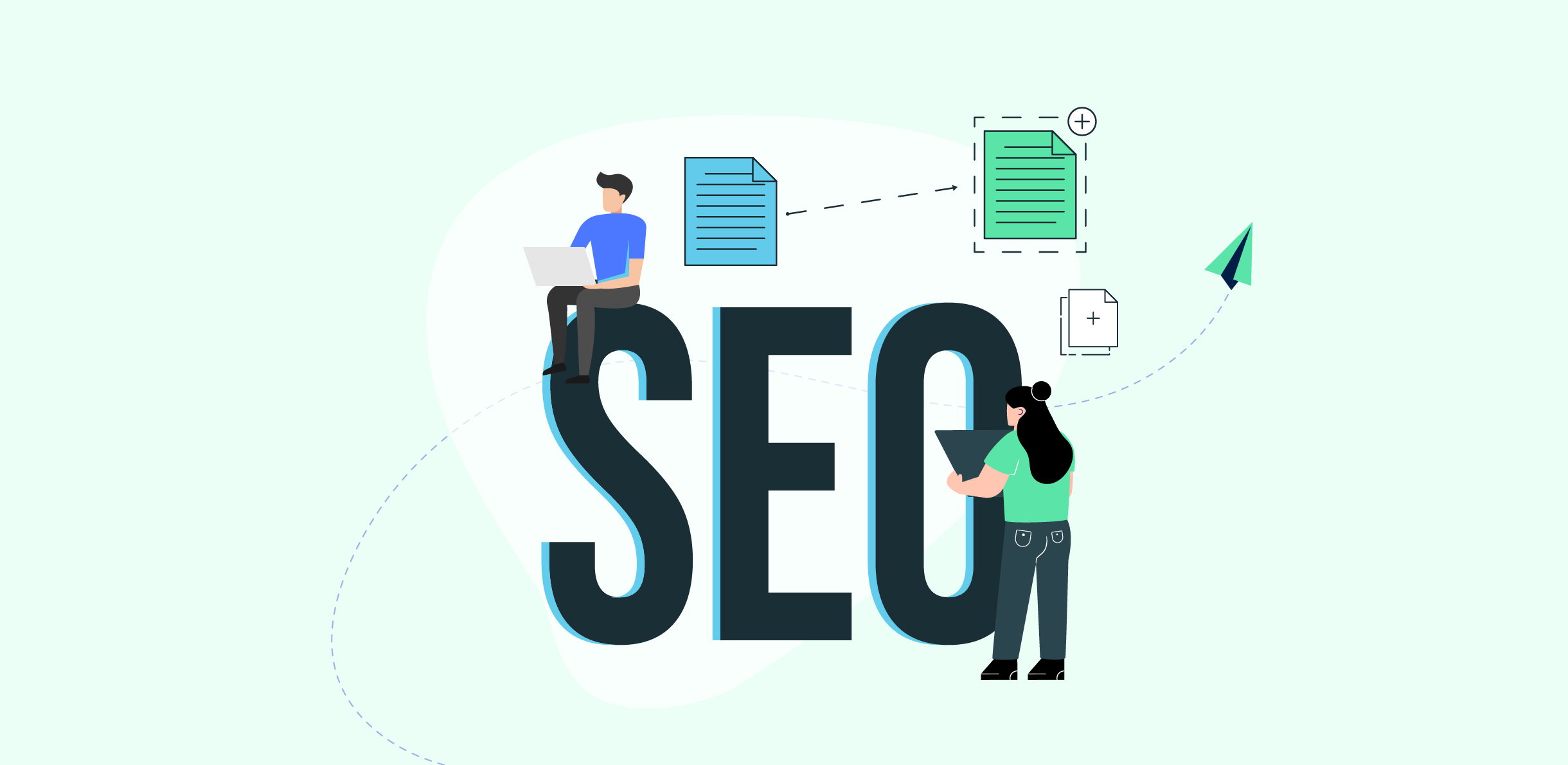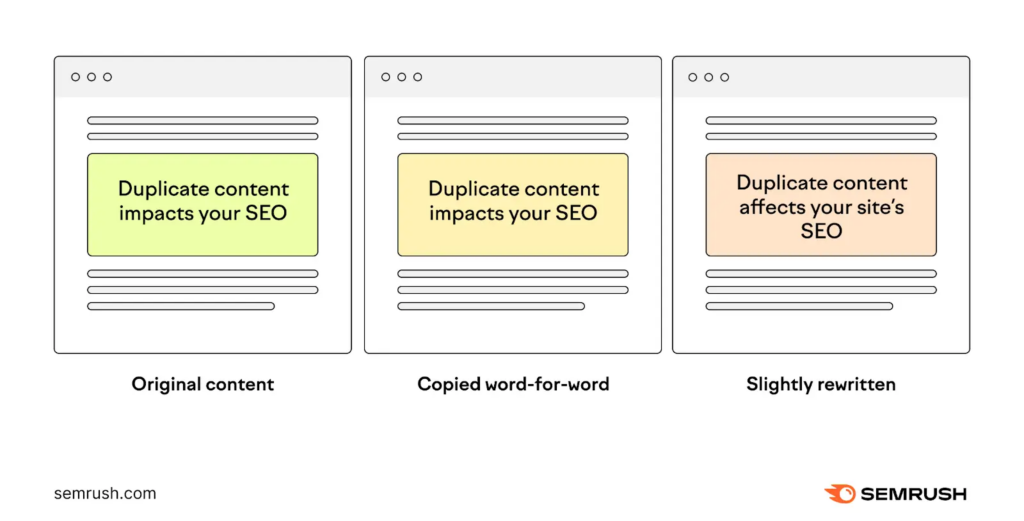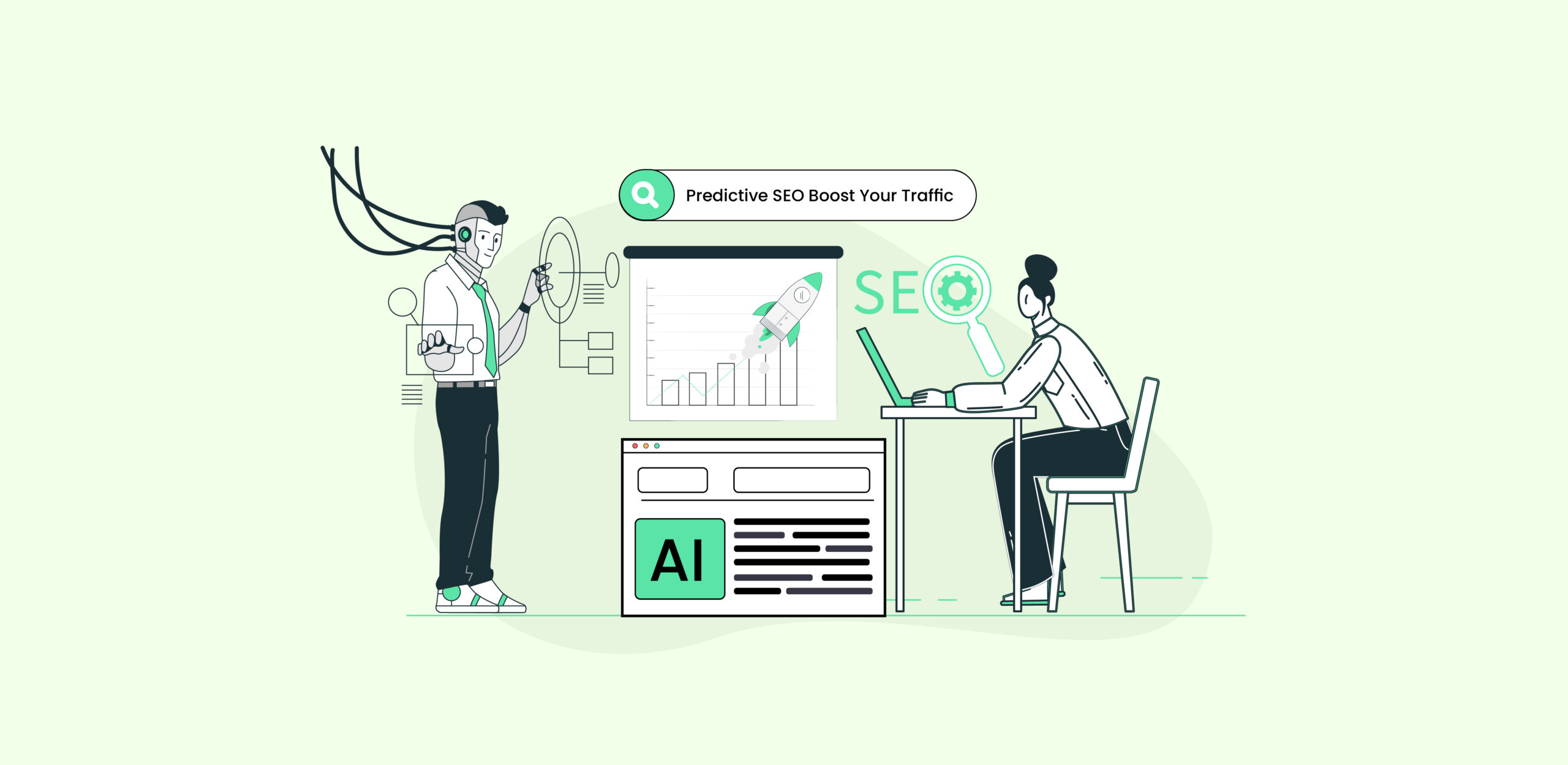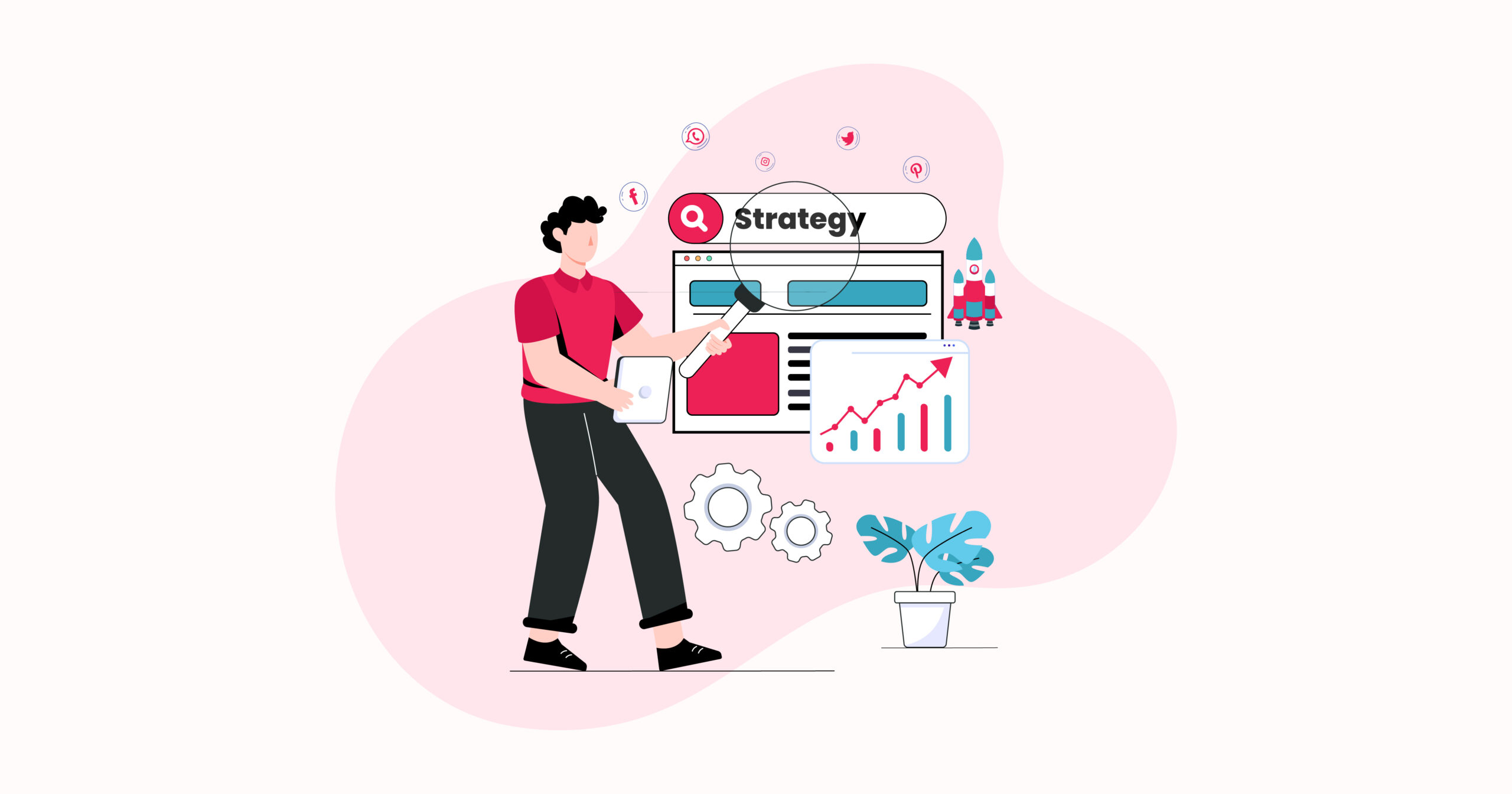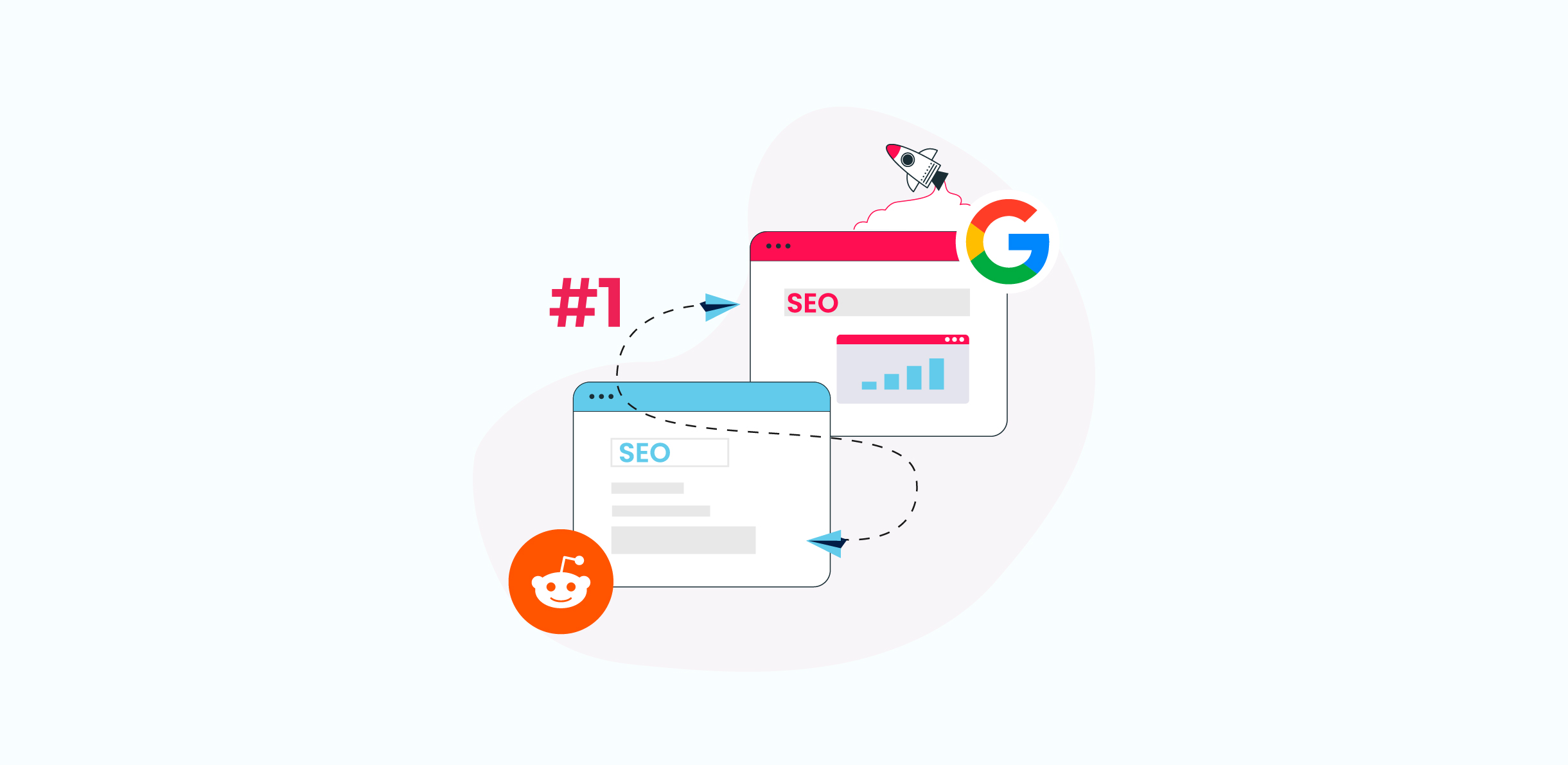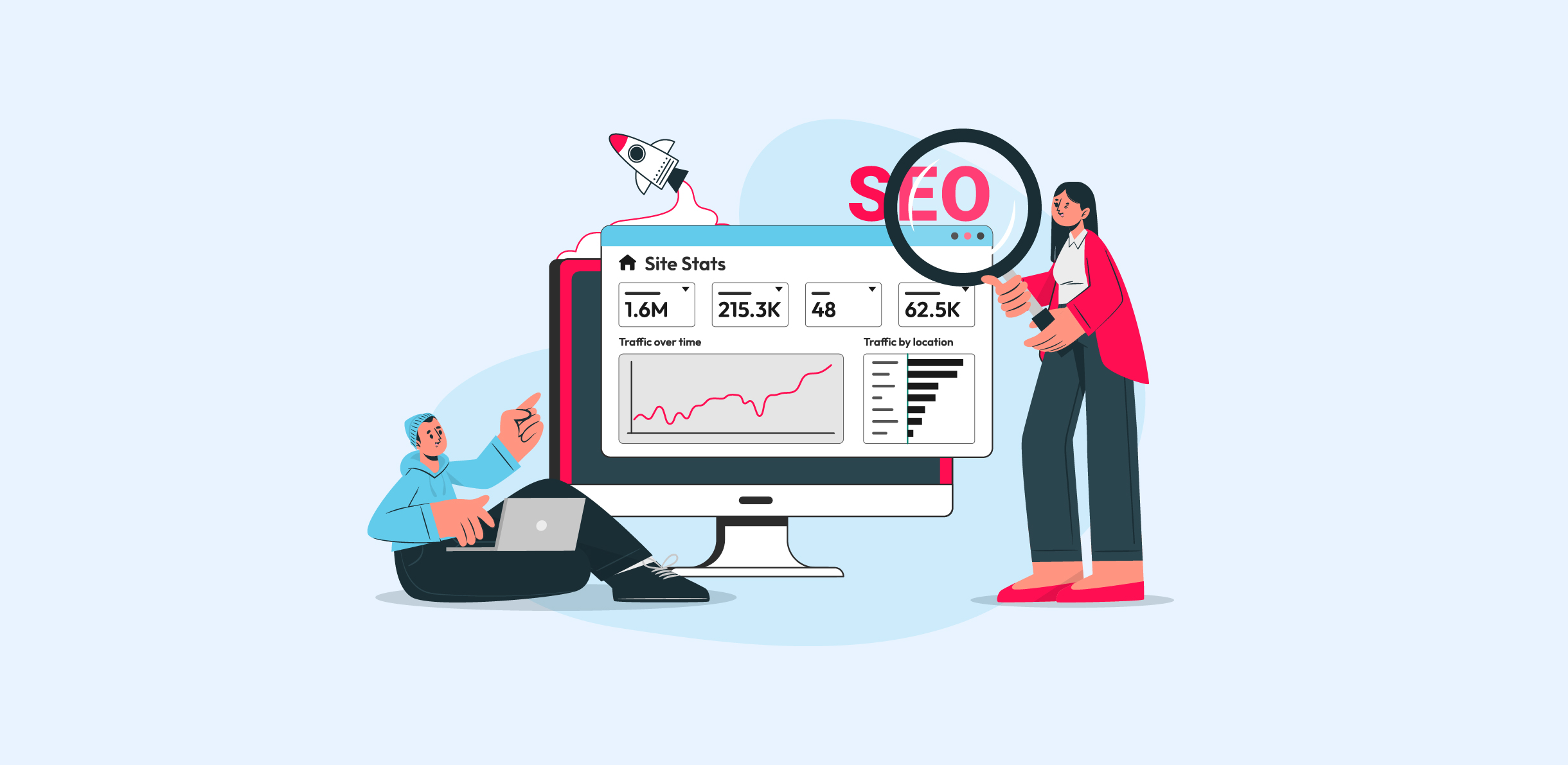It is no breaking news that there is nearly an infinite amount of content on the internet. Videos, images, blog posts, slides, you name it, it’s there on the internet. However, in that infinite number, how much is duplicate content? And are Duplicate content and SEO connected?
Google has the highest search market share of over 81.74%, which essentially brings a responsibility on them to ensure that low-quality content – of any nature, is filtered out. Google has never shied away from this and has been on its toes to constantly improve and filter out the content that users see.
One of the questions that has always been in the minds of content creators is about duplicate content and where it stands on the ‘quality scale’.
Duplicate content refers to content that is exactly or even partially similar – not by context but by words. This is further divided into two – identical and similar content. The image below by SEMrush shows the perfect example of the relation between duplicate content and SEO.
Google on Duplicate Content
Google does not really use the phrase ‘duplicate content’. However, it does have some policies regarding scraped content.
Scraped content is almost like plagiarized content. When content is taken from other websites without having any additional value to it, this means that you cannot take all the content pieces from websites. However, you may be able to take chunks to quote, reference, and add value.
In addition to copyright infringements, the site will also lose its value to Google. Google tells us about scraped content being a problem in the following circumstances.
- If you have simply copied and republished content from any website – yes it doesn’t matter where the page ranks on the SERPs, if you have copied, you are in trouble. It is a misunderstanding that simply crediting the website may keep you safe. However, if you have not added any value to it, you are inviting Google to be skeptical of your website!
- If you have copied most of the content with some slight adjustments in hopes to credit it as your own
- If your website picks up the content of all forms to create a feed without referencing or valuing it in any other way.
If you are wondering about the kind of trouble you will get into, then know that scraped content comes under the Google Spam Policies. If you choose to violate these policies, you may get a manual or algorithmic penalty, leading to your site ranking lower on the SERPs, or in extreme cases, may absolutely be de-indexed.
The Impact of Duplicate Content on SEO
As we go half way through 2024, Google’s updates have made it even more strict when it comes to dealing with duplicate content.
JEMSU’s analysis reiterates that with the new update, Google evaluates the context of the duplicate content. Furthermore, it relies on the way it has been used. The only way you can now scrape content is for references, or adding value to it – as we have mentioned above as well.
If you still have duplicate content on your website, then it is time to change it. Here are some ways that duplicate content impacts SEO in general.
Confusing ranking signals
As emphasized over and over again in this article, Google is looking for original and helpful information.
If you have not scraped content from other websites but have similar or identical pages within your website, you are not out of the danger zone. Google will investigate it rigorously to find out the original or first page. However, if Google does not find the source of the original content, your page might not rank at all.
Let’s say by some miracle (or loophole) you still manage to find a high rank on the SERPs, it is not always that you will get the page of your choice to rank!
Backlinks distribution
Backlinks are important votes of confidence that work as identifiers for your webpage. Of course, if you choose to copy content from another website, there is not much predictable on what can happen to your backlink profile.
If your website has similar or identical content then you risk diluting your link equity.
Link equity is the reputation and authority that passes from one page through another. And it is important to keep its balance by providing the backlink provider with Google approved content.
Let’s say you have four pages with the same content. If every page gets 20 backlinks each, you will have four similar pages with little backlinks. However, if you have one page or exception and unique content, you will have 80 backlinks on one page, boosting your reputation and authority.
Crawlers will be lost.
Google crawls your pages to determine where they should appear in the SERPs, to index your website. These crawlers are allocated a budget to visit your website. As SEMrush defines it
“Crawl budget is the amount of time and resources search engine bots allocate to crawling your website and indexing its pages.”
Having similar pages or content within your websites, or spread outside your website can waste precious crawl budgets. Thus, you may just be inviting crawlers to actively ignore your pages presuming that they just might be similar.
Accidental Duplicated Content
We do understand that there is a lot of content on the internet. That’s why you might accidentally publish scraped or duplicate content. Here are different types of accidental duplication that can happen and how you can deal with it.
Your content was scraped.
Sometimes, you are not the culprit. You might be the victim. It might be a little overwhelming, considering you are trying to do everything right, and this one thing can take you down with the scraper, too!
Do not worry. Here is what you can do.
“…you might have the case of someone scraping your content to put it on a different site, often to try to monetize it. It’s also common for many web proxies to index parts of sites which have been accessed through the proxy. When encountering such duplicate content on different sites, we look at various signals to determine which site is the original one, which usually works very well. This also means that you shouldn’t be very concerned about seeing negative effects on your site’s presence on Google if you notice someone scraping your content.” – Google
Google will try its best to ensure that it finds the original source of the content and ensures that the highest probability suggests that your website will remain unscathed.
However, SE Ranking gave very good advice worth mentioning to ensure that you are on the safest side.
“On the other hand, if another website takes or copies your content without permission (meaning you’re not syndicating your content), it likely will not directly harm your site’s performance or search visibility. As long as your content is the original version, it’s of high quality, and you make small tweaks to it over time, search engines will keep identifying your pages as such.”
So yes, to keep your originality intact, make some tweaks every now and then.
AI-generated
Oh, the world of AI! A growing issue is the use of AI to create content. AI-generated content pulls information from around the internet and gives you a nice skeleton for your blog. Remember that it does not add any value to it. In fact, AI might not even catch the tone that your audience wants to see. Hence, if you solely rely on AI-generated content, you may be pushing yourself to accidentally be creating duplicate content.
When using AI tools to generate content you may pass the plagiarism test. However, passing Google’s guidelines on scraped content is another matter, especially with others doing the same.
Google does not diss AI-generated content.
To beat this, Google’s guidelines on using AI content are enough to pass all the challenges. Ensure that you add all the E-E-A-T elements and add value to the AI generated content. That will ensure your website has original, high-quality, content with minimized duplication.
Wrap up
Duplicate content, scraped content, or even plagiarized content – all are something that Google does not approve of! It impacts your rankings and may even deindex you! We hope this blog better elaborated the impact between duplicate content and SEO.
If you have content similar to another website, its time to change so your SEO goes smoothly.

